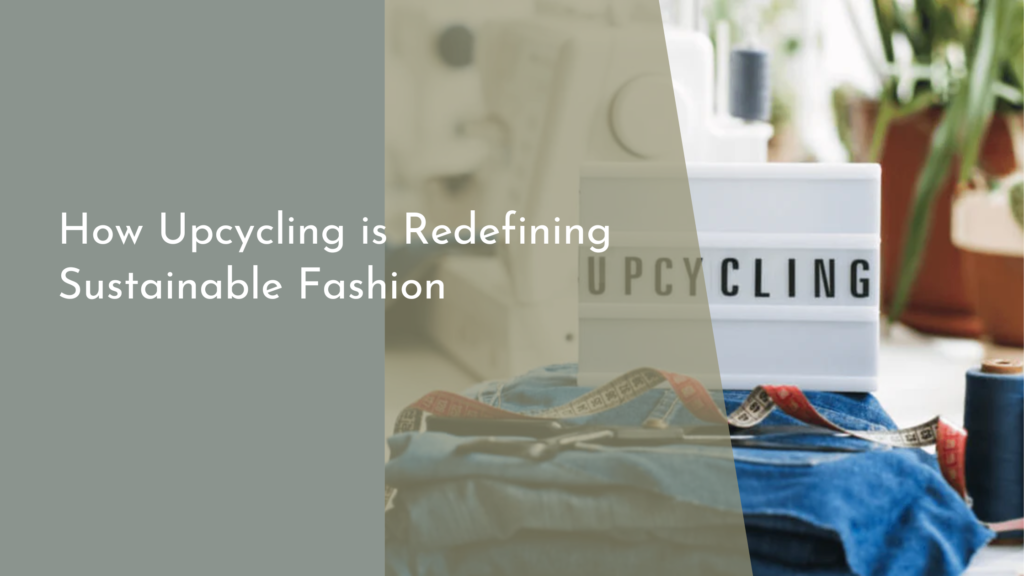How Zero Waste Living Supports Local Economies
In recent years, the zero waste movement has gained significant traction as individuals and communities strive to minimize their environmental footprint. While the environmental benefits of this lifestyle are widely celebrated, its economic implications are equally noteworthy. Embracing zero waste living not only helps conserve natural resources but also supports and strengthens local economies. This article explores the principles of zero waste living and delves into how these practices economically benefit local businesses and communities.
Understanding the Basics of Zero Waste Living
Zero waste living is a lifestyle aimed at reducing personal waste by adhering to the principles of refuse, reduce, reuse, recycle, and rot. The goal is to significantly minimize the waste sent to landfills or incinerators by making more conscious purchasing decisions and finding innovative ways to reuse materials. This concept encourages individuals to be more mindful of their consumption patterns, opting for products that are designed to be long-lasting, repairable, and recyclable.
By adopting a zero waste lifestyle, individuals contribute to a circular economy where materials are continuously repurposed, thus prolonging their lifecycle. This shift from a linear economy, which relies heavily on the production of new materials, to a circular one, reduces the demand for raw materials and decreases the carbon footprint associated with manufacturing and transportation. Ultimately, zero waste living promotes environmental sustainability and fosters a culture of responsibility and resourcefulness.
The Economic Impact of Reduced Waste Practices
One significant economic benefit of zero waste practices is the reduction in waste management costs. Cities and municipalities spend substantial amounts on waste collection, transportation, and disposal. By reducing the volume of waste generated, communities can allocate funds previously used for waste management towards other essential services such as education, healthcare, and infrastructure development. This financial reallocation helps strengthen the overall economic health of a community.
Furthermore, zero waste practices encourage innovation and entrepreneurship, leading to job creation in various sectors. Businesses that focus on sustainable packaging, recycling, and upcycling are rapidly emerging, providing employment opportunities and stimulating economic growth. By fostering an environment that values sustainability, communities can attract eco-friendly businesses and investors, further enhancing their economic resilience and diversity.
How Local Businesses Thrive with Zero Waste
Local businesses can greatly benefit from adopting zero waste principles by reducing operational costs. For instance, minimizing packaging and using efficient materials can lead to significant savings in procurement and waste disposal expenses. Additionally, businesses that prioritize sustainability often experience increased customer loyalty as consumers become more conscious of their environmental impact and prefer to support companies that share their values.
Moreover, zero waste practices can differentiate local businesses from their competitors. In a market that is increasingly saturated with eco-friendly products, businesses that implement innovative waste reduction strategies can position themselves as leaders in sustainability. This distinction can attract a dedicated customer base that appreciates the company’s commitment to the environment, leading to further growth and success.
Strengthening Communities Through Sustainable Choices
Adopting zero waste living can bring communities together, fostering a sense of unity and shared purpose. Community-based initiatives, such as workshops on composting and DIY repair cafes, empower residents to learn new skills and share knowledge. These collaborative efforts not only reduce waste but also strengthen social bonds, creating a robust network of individuals committed to sustainable living.
Furthermore, local governments and organizations often support zero waste initiatives by providing grants, resources, and incentives to individuals and businesses making sustainable choices. Such support can lead to the development of new community projects, such as community gardens and local markets, which enhance local food security and provide fresh, organic produce. By prioritizing sustainability, communities can build a resilient economy that thrives on collaboration and shared values.
Embracing zero waste living offers an array of benefits that extend beyond environmental preservation. By reducing waste and embracing sustainable practices, individuals can significantly bolster their local economies. From lowering waste management costs to creating new job opportunities and strengthening community bonds, zero waste living proves to be a powerful tool for economic and social transformation. As more people adopt these practices, local economies will continue to flourish, paving the way for a more sustainable and prosperous future.


